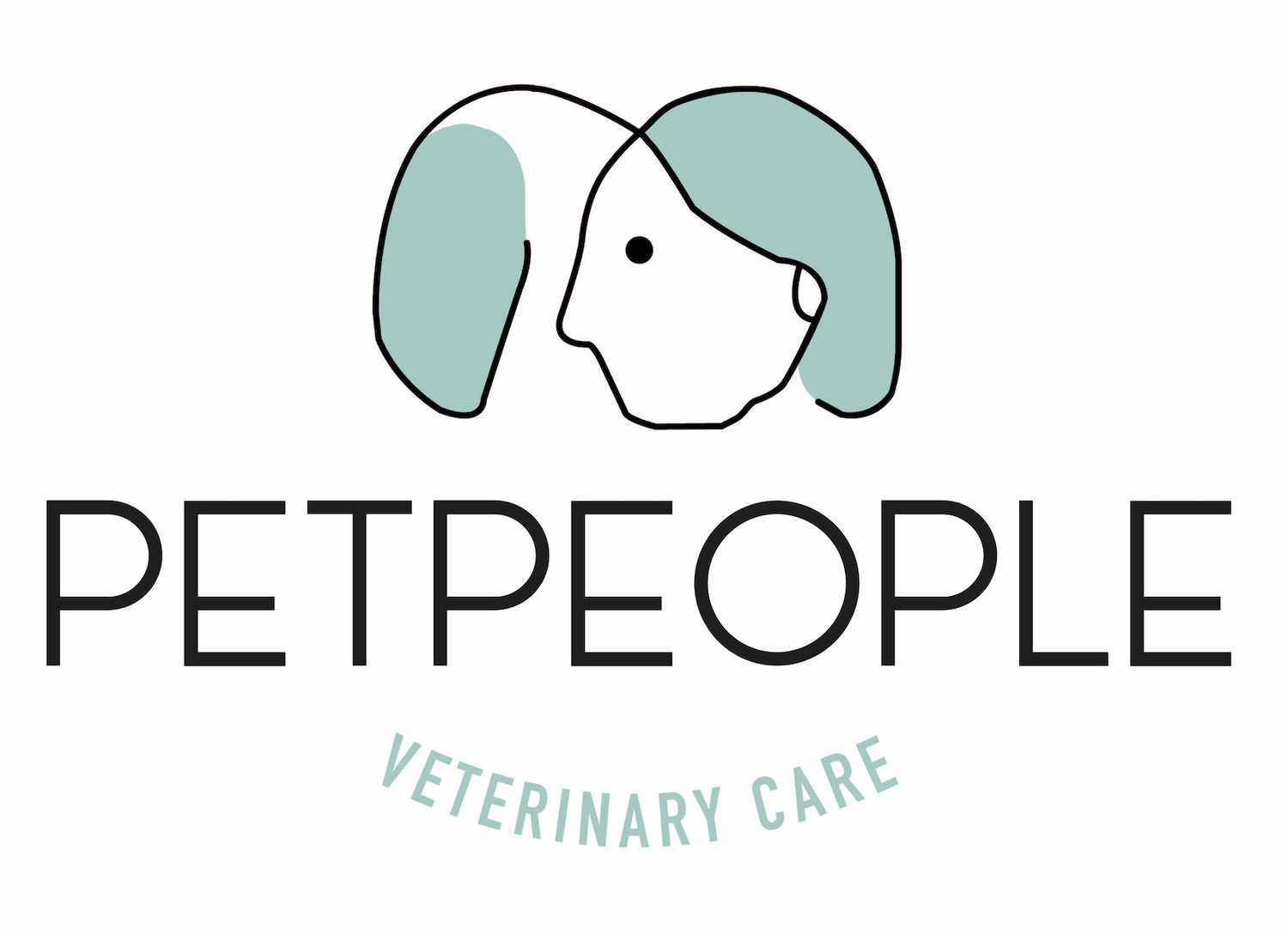Exploring the Advantages of CT Scanning for Nasal and Head-Related Conditions in Dogs
When it comes to diagnosing and treating complex nasal and head-related conditions in our beloved canine companions, modern veterinary medicine has taken a giant leap forward with the advent of advanced imaging techniques like Computed Tomography (CT) scanning.In this article, we delve into the indications and benefits of CT scanning for nasal diseases and other head-related conditions in dogs, shedding light on how this technology is revolutionising the way veterinarians approach diagnostics and treatment. Understanding Nasal Conditions
Dogs can experience a range of nasal and head-related conditions, including nasal tumours, sinus infections, nasal foreign bodies, and traumatic injuries. The challenge lies in accurately diagnosing these issues to facilitate prompt and effective treatment.
Traditional diagnostic methods, while helpful, may not provide the level of detail required for a comprehensive understanding of the problem.
Indications for CT Scanning:
CT scanning, a non-invasive imaging technique that uses x-rays and computer processing to generate detailed cross-sectional images, has become a game-changer in diagnosing and managing complex nasal and head-related conditions. Here are some indications where CT scanning plays a crucial role:
• Accurate Diagnosis: CT scans provide high-resolution images of the nasal and cranial structures, allowing veterinarians to visualise intricate details that might be missed with other imaging methods. This accuracy aids in identifying the exact location, size, and nature of abnormalities.
• Assessment of Extent: CT scans enable veterinarians to assess the extent of damage caused by conditions such as nasal tumours, fractures, or infections. This information guides treatment decisions and helps in planning surgeries.
• Surgical Planning: For cases requiring surgical intervention, CT scans offer a comprehensive view of the affected area, aiding in surgical planning and increasing the chances of successful outcomes.
• Localisation of Foreign Bodies: Dogs often have a knack for getting into trouble, including inhaling or ingesting foreign objects. CT scanning can accurately locate and identify these foreign bodies, guiding their safe removal.
• Monitoring Treatment Progress: After initiating treatment, follow-up CT scans allow veterinarians to track the progress of healing and ensure that the chosen treatment is effective.
Benefits of CT Scanning
• Precision: CT scans provide a level of precision and detail that is unparalleled. This aids in accurate diagnosis and targeted treatment, minimising the need for exploratory procedures.
• Non-Invasive: Unlike some diagnostic procedures that might require anesthesia or invasive methods, CT scanning is generally non-invasive and minimally stressful for the patient.
• Rapid Imaging: CT scans can be performed relatively quickly, enabling timely diagnosis and intervention, which is crucial for successful outcomes in many head-related conditions.
• Enhanced Safety: Veterinary CT machines are designed to minimise radiation exposure while maximizing image quality, ensuring the safety of both the patient and the veterinary staff. Shorter anaesthetics are also beneficial over longer ones associated with traditional methods of imaging.
• Comprehensive Evaluation: CT scans offer a comprehensive evaluation of the entire head region, helping veterinarians uncover hidden issues that might be contributing to the primary problem. Additional areas of the body such as the neck and chest can also be quickly and easily evaluated at the same time.
At our London-based veterinary clinic, Pet People, we are committed to providing the best possible care for your furry companions. The integration of CT scanning technology into our diagnostic toolkit has revolutionised our ability to diagnose and manage nasal and head-related conditions in dogs. By offering accurate and timely assessments, we ensure that our patients receive the most appropriate and effective treatments, enhancing their quality of life and giving them the best chance for a healthy future.


